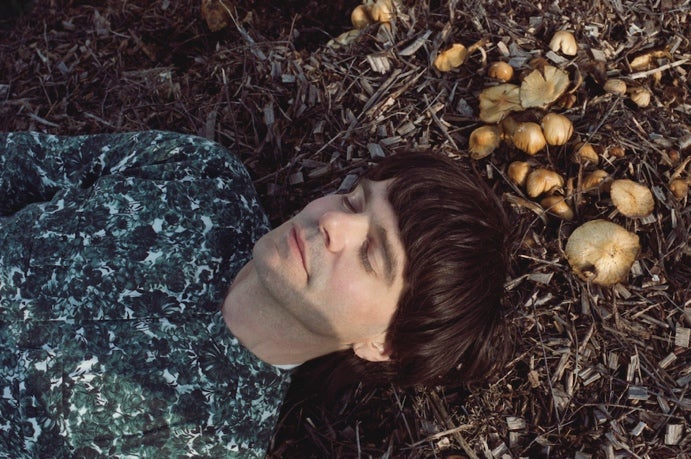Album reviews: Tim Burgess, I Love the New Sky and Katie Von Schleicher, Consummation
Tim Burgess offers a wonderfully positive outlook on ‘I Love the New Sky’, while Katie Von Schleicher wrestles with personal trauma

Tim Burgess – I Love the New Sky
★★★★☆
Of all the frontmen to emerge out of Britpop’s heyday, Tim Burgess is the most affable – not the mention one of the few willing to evolve out of that rock’n’roll era. Along with The Charlatans’ back catalogue, the 52-year-old (you wouldn’t believe it to look at him) has a record label, an autobiography and four solo albums under his belt. The fifth, I Love the New Sky, might just be his best.
Compared to earlier collaborative projects, this new record was composed solo in the Norfolk countryside, perhaps explaining why it has such a wonderfully expansive feel. It’s big and brash, from the freewheeling strumming and plonks of piano on “Empathy for the Devil” to the whirling, psychedelic synths of “The Warhol Me”. For a time of such profound melancholy, it’s comforting to hear Burgess with such a sunny outlook. ROC
Katie Von Schleicher – Consummation
★★★★☆
Katie Von Schleicher’s new album Consummation has teeth. Inspired by a feminist reading of Hitchcock’s Vertigo, the Brooklyn-based artist wrestles with personal trauma across 12 tracks layered with electronic beats and distorted crunches of guitar.
Following the themes of her label debut, 2017’s Shitty Hits, Von Shleicher’s subject matter is frequently dark and nihilistic. She swings from sadism in the eerie krautrock influences of “Brutality” (“What we might do to ourselves/ You do to you what you’ve done to me”) to gaslighting on “Power”, as she insists: “It’s not the same/ When you say it’s in my head”.
Each track makes unpredictable bedfellows of certain sounds; even the deceptively simple guitar ballad, “Gross”, drops a synth that sends ripples through Von Schleicher’s lilting top register. It’s a disruption that echoes the most prominent theme, the struggle to translate her deepest thoughts to a lover, and consequently find her own power. IL
Subscribe to Independent Premium to bookmark this article
Want to bookmark your favourite articles and stories to read or reference later? Start your Independent Premium subscription today.

Join our commenting forum
Join thought-provoking conversations, follow other Independent readers and see their replies